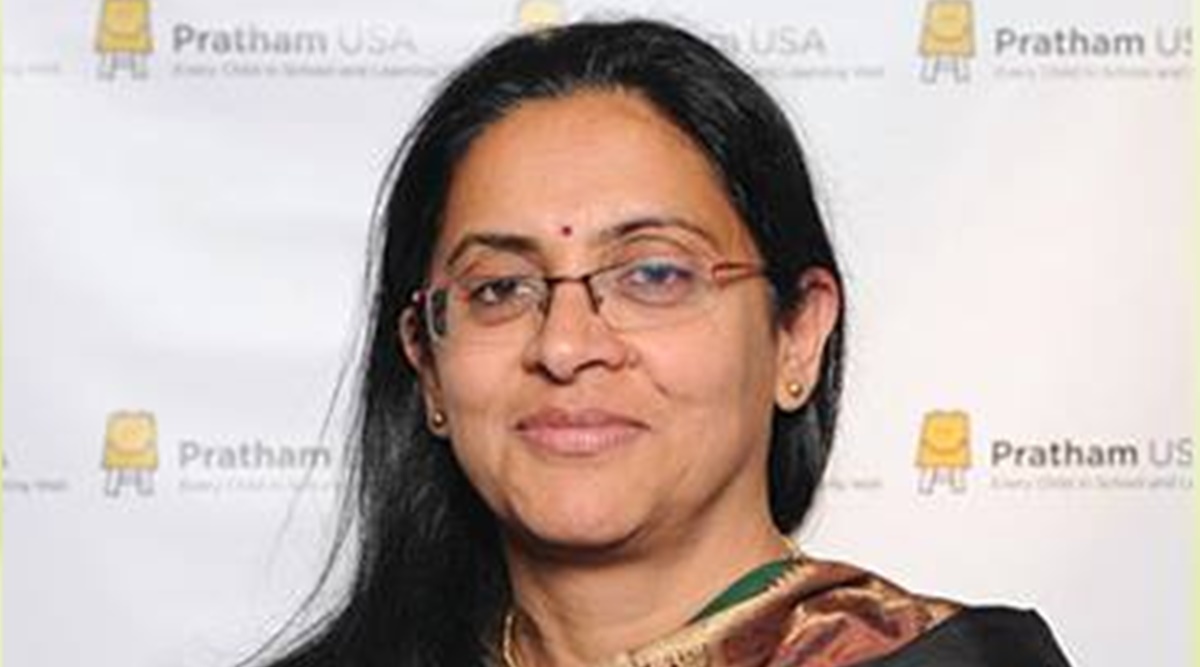According to Dr. Banerji, the prize will allow Pratham to work towards the future by expanding their work with younger children.
Pratham CEO Dr Rukmini Banerji is this year’s recipient of the prestigious Yidan Prize for Education Development for her work on improving children’s learning levels.
The Yidan Prize is awarded by the Yidan Prize Foundation — a global philanthropic education foundation working on progress and change in education — and nine people have received it since its inception in 2016. Other than this, the foundation also awards Yidan Prize for Education Research which has been given to Professor Eric A. Hanushek, Paul and Jean Hanna Senior Fellow and Professor, Hoover Institution of Stanford University this year. Each laureate is awarded HK$ 30 million—approximately US$ 3.9 million—half of which is a project fund to help them scale up their work.
According to Dr. Banerji, the prize will allow Pratham to work towards the future by expanding their work with younger children. She has done crucial work through the ASER assessment approach and the ‘Teaching at the Right Level’ programme.
“The Yidan Prize gives us the opportunity to work on the future and I’m very excited about that. For a number of years we have been thinking about why this problem happens in the first place. Why do children fall behind? What can be done to ensure that the problem that we’ve been working on for the past 15 years goes away? There could be many reasons for that but one is that children come into school already with a disadvantage. Maybe you have a family that’s not very educated, maybe you’ve not had enough pre-school, readiness preparation… We have been thinking in the last few years that doing things differently in the early years, the preschool years, first and second grade is important. The new education policy says the same thing, that we need to develop our early years continuum well… Something we are keen on is how do we get schools, preschools and anganwadis functioning better but during the pandemic we have also seen a big surge of support from mothers, parents and communities,” she said.

On working on their goals with these limitations, Dr Banerji said, “Since July we’ve started what we’re calling a ‘mohalla learning campaign’… We’re doing the neighbourhood version of ‘teaching at the right level’ where a young volunteer will work with a small group of kids… We’ve been sending mothers little activities through SMS and Whatsapp like counting the spoons in the house, arranging bowls from big to small… In addition to this we have been organizing mothers in small groups right in their neighbourhood… In their group, we have what we’re calling a ‘smart mom’ who is anchoring it and she has a smartphone. Once a week they get together where they share what they’ve done during the week and they think of the next couple of activities to do. We’ve had an overwhelming response. In 10,000 communities—some urban, most rural—we have almost 30-35,000 moms who have been part of this. We feel that even while schools and preschools have been closed, this is something that has been possible.”
According to Edward Ma, Secretary-General of Yidan Prize Foundation, a common thread connecting the laureates of the award is that their innovation can be easily disseminated for effective scaling-up and that they are “speeding up and looking into the future”.
Source: Read Full Article


